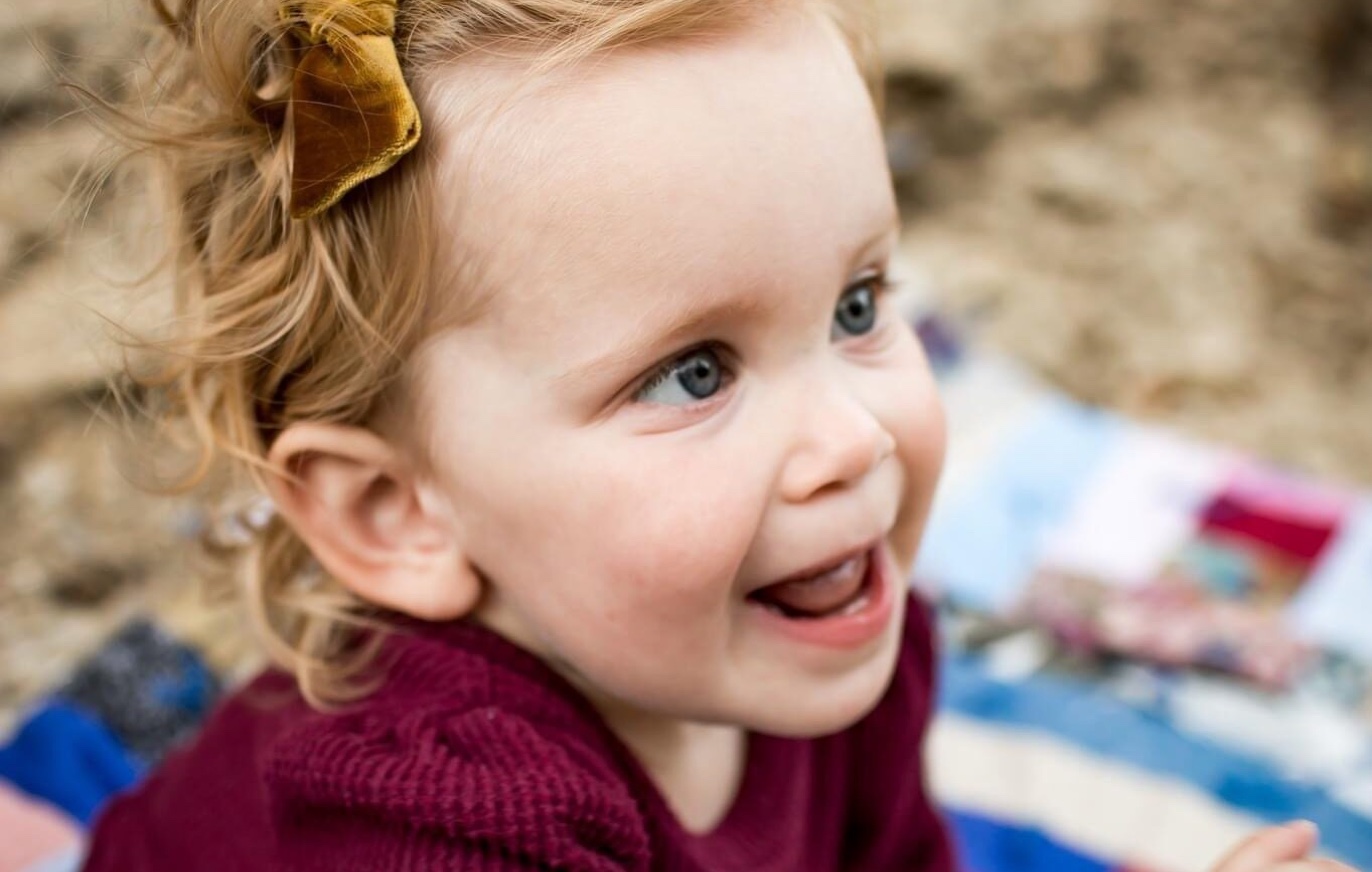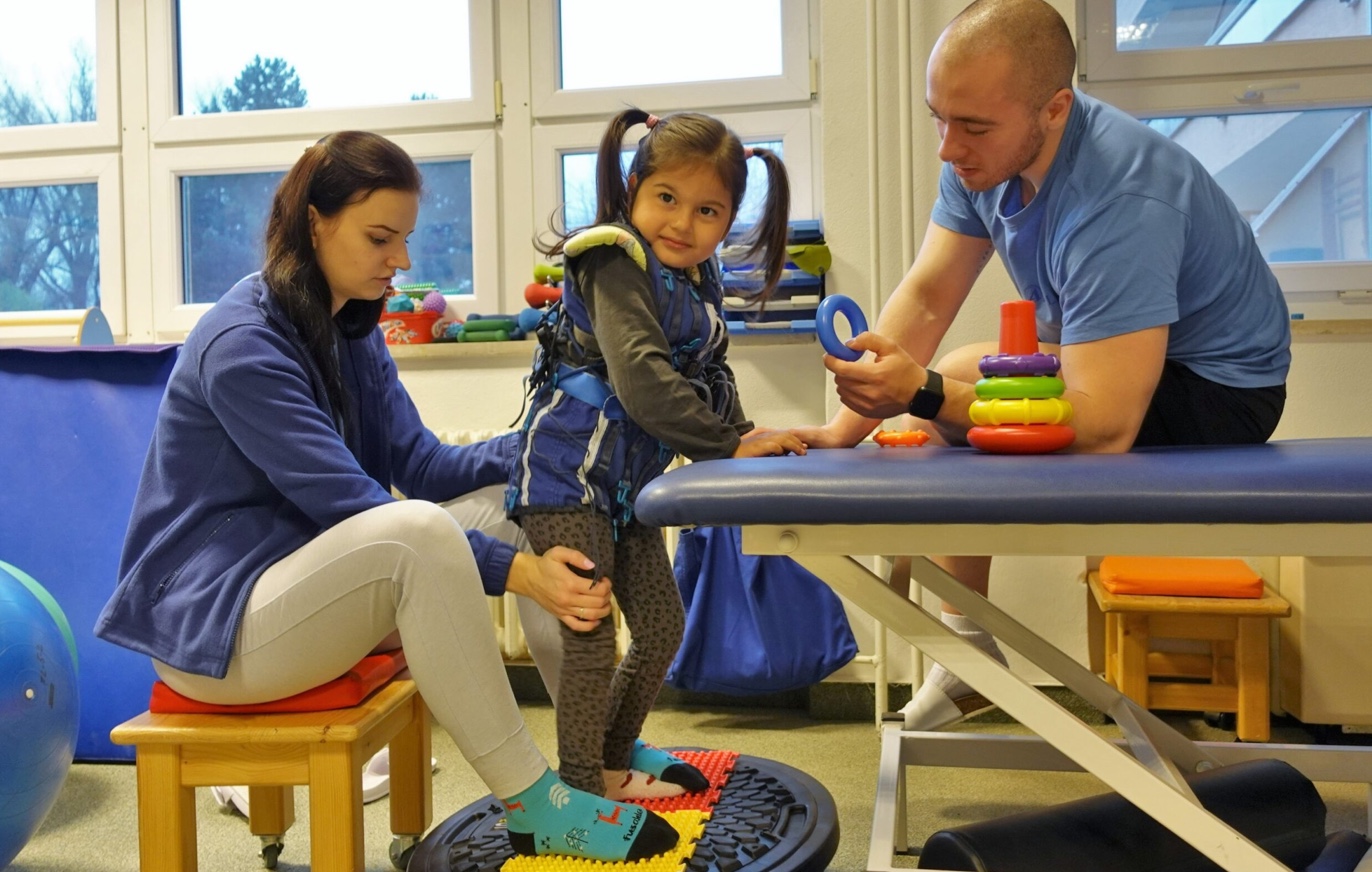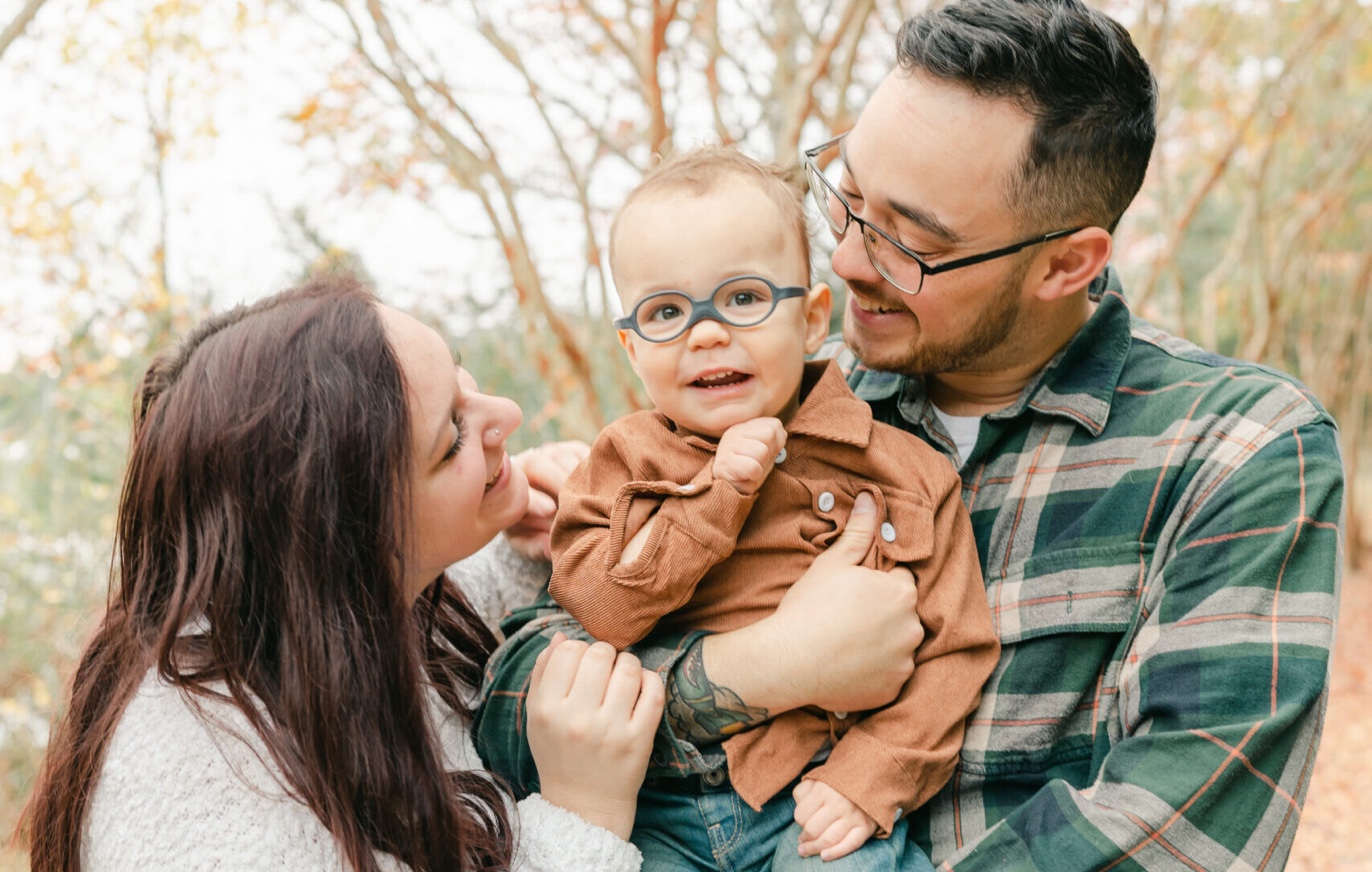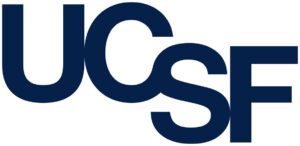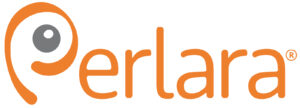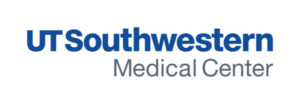Waiting for others isn’t an option — our time to act is now. Together, we must take bold steps to advance research, drive progress, and create the change that will bring us closer to a cure for Leigh syndrome.
Bradlee, Never forgotten, USA
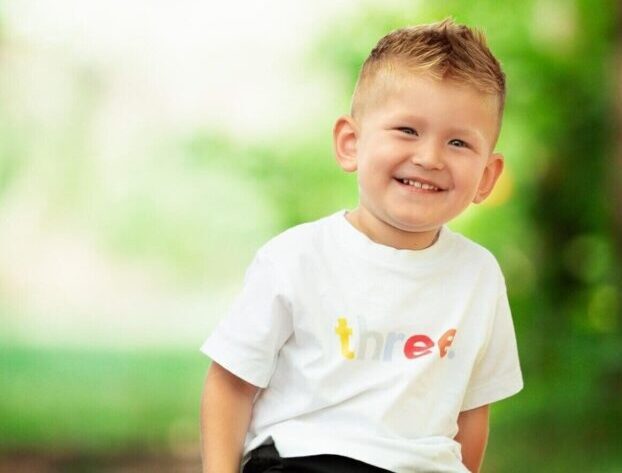
Zander, USA
Introduction
We, as families of children with rare diseases, take on roles as advocates, educators, and pioneers in research. We organize fundraisers, raise awareness, and collaborate closely with scientists to advance understanding and treatment. Our determination not only fuels our efforts but also inspires communities far and wide to join us in supporting research initiatives, all driven by the shared hope for breakthroughs that will change lives.
Gene Therapy
This groundbreaking approach aims to treat the root cause of genetic diseases instead of just treating the symptoms
- A healthy copy of the faulty gene is inserted into a virus that has been stripped of its own DNA
- Trillions of the modified viruses are delivered into the spinal fluid of the patient
- The viruses bind to cells in the brain and spinal cord, delivering the functional gene in an attempt to restore proper function
Cure Mito Foundation Gene Therapy Collaborations
- SURF1 — Steven Gray Lab UT Southwestern
- ECHS1 — Rachel Bailey Lab UT Southwestern
- MT-ATP6 — Labs of Qinglan Ling UMass, Michal Minczuk Cambridge, Alessandro Prigione Univ of Dusseldorf, & Steven Gray UTSW
- Don’t See Your Gene Listed? — Get In Touch With Us!
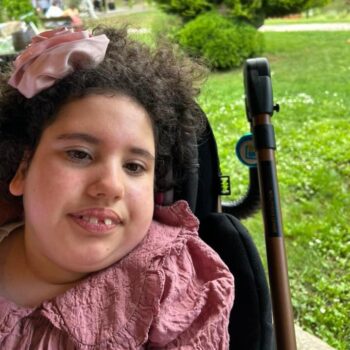
Nora, Romania
Learn more about our journey of developing SURF1 gene therapy in a blog post
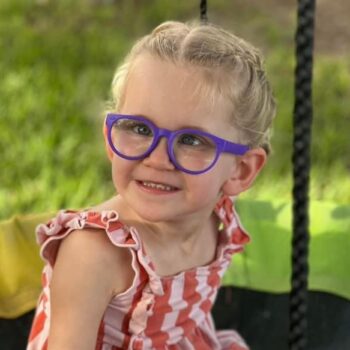
Millie, USA
Drug Repurposing
Aims to identify effective treatments for diseases by testing existing drugs for new therapeutic uses
- Potential treatment options while research for curative therapies continue
- Existing drugs are evaluated by looking at possible shared disease mechanisms
- Screening of drugs to measure disease rescue in deficient cells or models
- Cheaper and faster than traditional development and may utilize machine learning
Cure Mito is actively exploring this approach to address specific gene variations associated with Leigh syndrome. By repurposing drugs already approved for other conditions, we hope to accelerate the development of treatments that can significantly impact patients’ lives. We invite collaboration from researchers, clinicians, and industry partners to expand this vital research and provide much-needed support to the Leigh syndrome community.
Cure Mito Foundation Drug Repurposing Gene Projects
- SURF1, ECHS1, MT-ATP6
- Don’t See Your Gene Listed? — Get In Touch With Us!
Mitochondria Transfer & Transplantation
An emerging approach that involves administering healthy mitochondria directly into cells or the body attempting to improve symptoms
Early studies in both patients and mouse models have shown promising results—such as improved strength, reduced symptoms, and longer survival—suggesting this therapy could one day benefit people with conditions like Leigh syndrome. Cure Mito Foundation is proud to fund research that moves this promising treatment closer to helping patients.
We are proud to support the Jonathan Brestoff Lab at Washington University in St. Louis with a gift for a study that will determine the effects of in vitro mitochondria transplantation in patient-derived fibroblasts.
Cure Mito Foundation Mitochondria Transfer & Transplantation Genes
- SURF1, ECHS1, MT-ATP6, C12orf65, FBXL4

Emery, USA
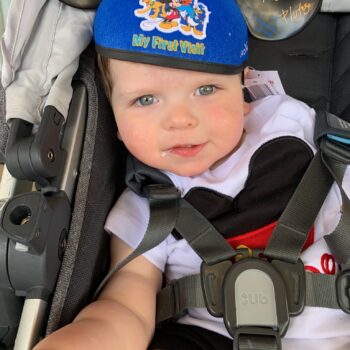
Maddox, Never Forgotten, USA
Microbiome Study
Exploring the connection between the gut microbiome and Leigh syndrome
The gut microbiome is made up of trillions of microorganisms that play a vital role in digestion, immune regulation, brain function, and overall health. Imbalances in this microbial community — known as dysbiosis — have been linked to a wide range of diseases, including neurological and metabolic disorders. Cure Mito is partnering with Dr. Ibrahim Elsharkawi from The Icahn School of Medicine at Mount Sinai on a study examining how different Leigh syndrome gene mutations influence microbiome diversity, with the goal of uncovering how mitochondrial function and gut health may be linked.
Cure Mito Foundation Microbiome Study Genes
- SURF1, ECHS1, MT-ATP6
Make a Donation
Your support can help us accelerate the discovery of a cure and bring hope to countless families affected by Leigh syndrome. Together, we can drive groundbreaking research, fund innovative treatments, and move closer to a future where a cure is within reach.

Will, USA

Raquel, Mexico
Create a Campaign
Families from around the world are partnering with Cure Mito Foundation to raise funds for mitochondrial disease research programs that get us closer to treatments or cures for our children.
Please email info@curemito.org if you would like information about starting a fund in honor or memory of your loved one.
We're in this together
Partners
Testimonials
Patients are crucial to successful drug development, because it is individual patients, not diagnoses, who respond to treatments. Parent-led foundations like Cure Mito are the essential patient-centric catalysts for researchers, industry, and regulators to collaboratively work hand-in-hand with patients to truly address patient
- Richard Novak, PhDCEO and Co-Founder, Unravel Biosciences
needs.
My journey on mitochondrial diseases started with Cure Mito. Their kids give me an opportunity to be part of this team to use my scientific knowledge and curiosity to find a gene therapy treatment. Their determination and dedication inspire me to continue this journey by training young scientists, making discoveries, and raising awareness.
- Qinglan Ling, PhDAssistant Professor, UMass Chan Medical School
Contact Us
Collaborator List
-
- MT-ATP6 — Qinglan Ling Lab UMass
- MT-ATP6 — Michal Minczuk Lab Cambridge
- MT-ATP6 — Alessandro Prigione Lab Univ of Dusseldorf
- MT-ATP6 — Steven Gray Lab UT Southwestern
- MT-ATP6 — Jonathan Brestoff Lab Washington University in St. Louis
- MT-ATP6 — Ibrahim Elsharkawi The Icahn School of Medicine at Mount Sinai

